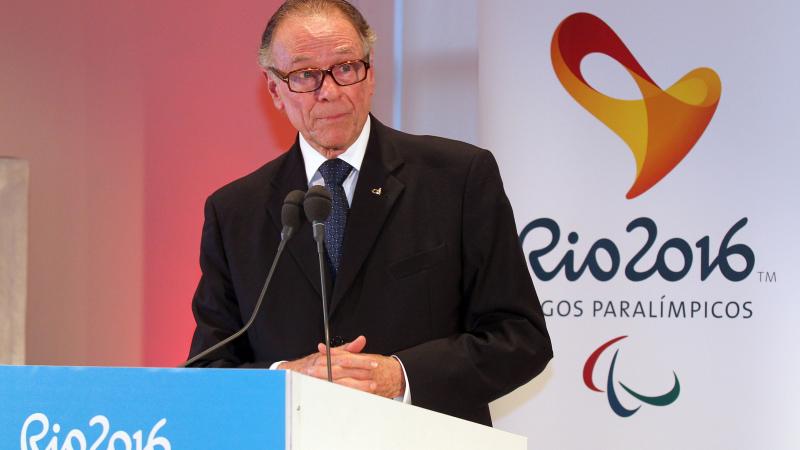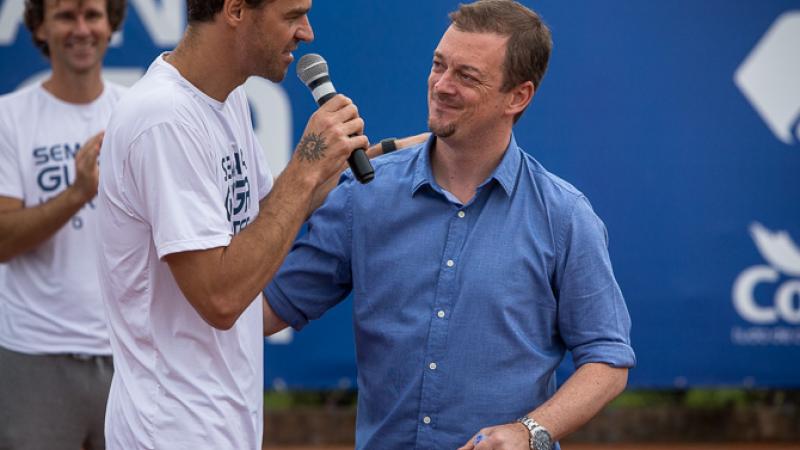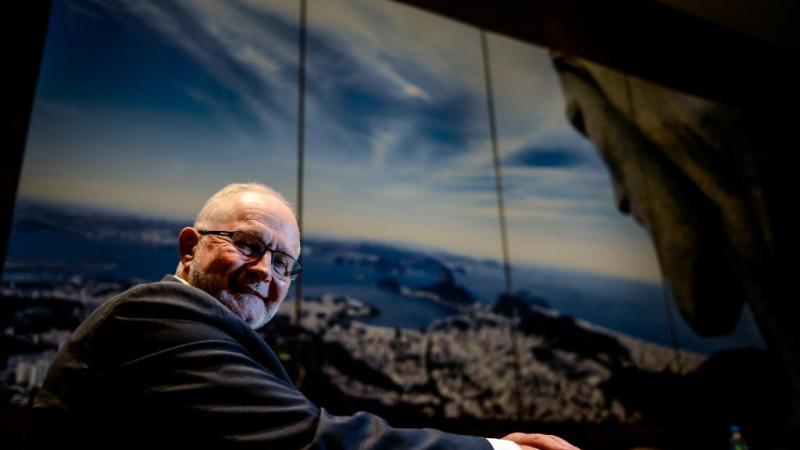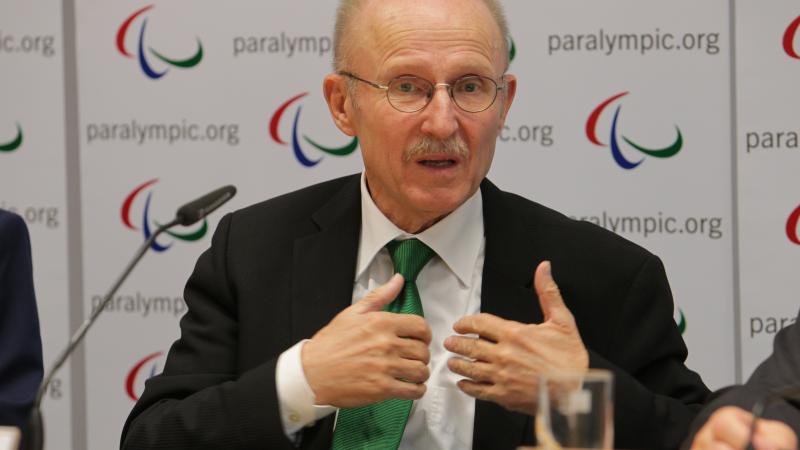Big Interview: OBS’ Yiannis Exarchos
Chief Executive Officer of the Olympic Broadcasting Service shares his insight on what to expect from the Olympic Channel’s Paralympic coverage and more. 27 Jul 2016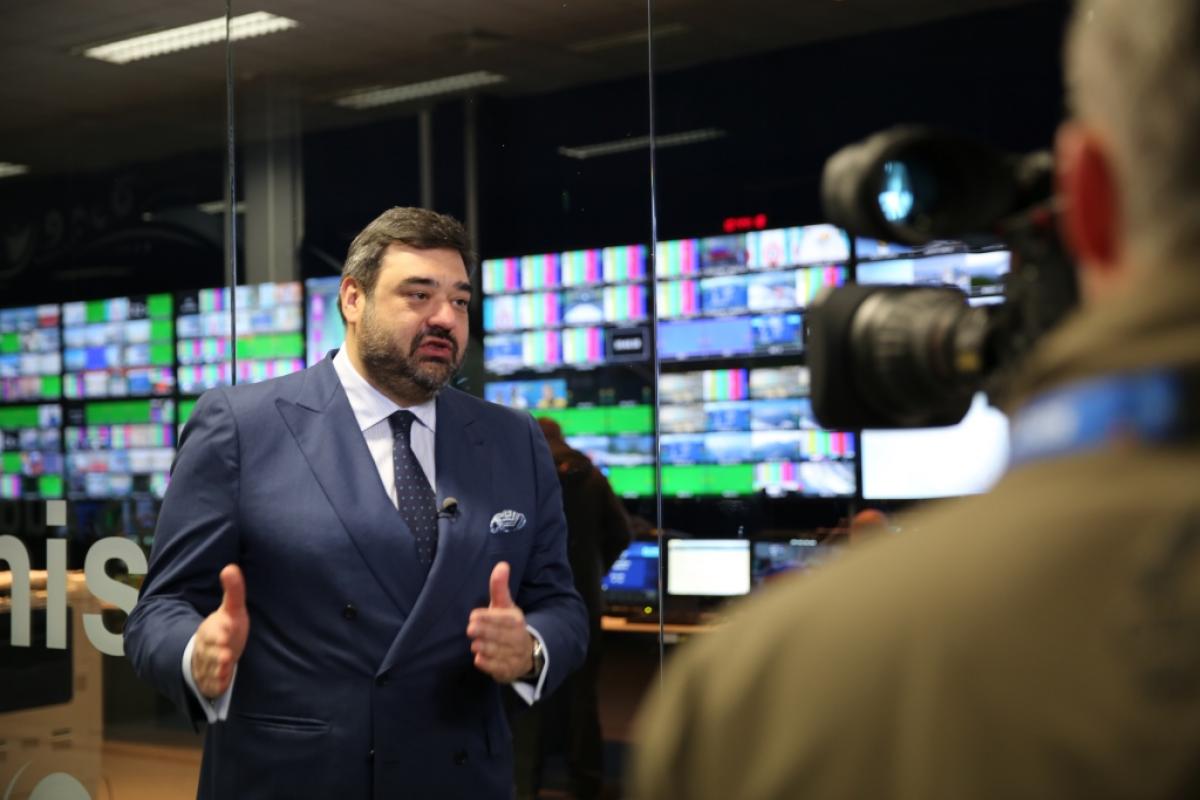
Yiannis Exarchos, the Chief Executive Officer of the Olympic Broadcasting Service (OBS).
Broadcast coverage of the Rio 2016 Paralympic Games are expected to exceed those from London 2012, as more Rights Holding Broadcasters (RHBs) are lined up to showcase the Games than ever before.
As host broadcaster, the Olympic Broadcasting Services (OBS) is responsible for providing the rights holders with the pictures and sounds of the Paralympics. OBS Chief Executive Officer Yiannis Exarchos described the level of coverage for the London 2012 Paralympics as “unprecedented” and shares how the OBS hopes to carry that momentum onto Rio 2016, insight on the planning for a Paralympics broadcast and more.
Paralympic.org: What can we expect OBS to deliver for the Rio 2016 Paralympics?
Yiannis Exarchos (YE): The television coverage will consist of more than 800 hours of live Paralympic sport competition, supplemented by coverage from four of our beauty cameras and daily highlights summaries.
OBS plans to provide live coverage from 14 of the competition venues as well as the Opening and Closing Ceremonies, accounting for a total of 17 live feeds. The TV coverage will be similar to that provided for London 2012 in terms of the number of cameras.
In addition to those live feeds, OBS will provide English coverage of select events which will be included in daily highlights packages during the Paralympics. … Further to ensure maximum exposure by all news agencies, OBS will distribute a five-minute morning news feed at 10 am [BRT time] focusing on the best of the previous day’s performances.
What are the differences between covering an Olympics and Paralympics?
YE: One of the main differences is that not all events are able to be covered live and part of the coverage relies on English highlights packages.
When does planning start for covering a Paralympics?
YE: Since the Salt Lake 2002 Games, one Organising Committee [OCOG] has been responsible for hosting the Olympic and Paralympic Games. Paralympic athletes compete in the same venues used for the Olympics. And as the Games continue to grow and garner more interest, additional facilities and infrastructure are also extended throughout the Paralympic period, including the IBC [International Broadcast Centre].
From the host broadcast point of view, the planning for the Olympic Games start from the time the host city and country is selected and is a seven-year-long process. And the requirements for the Paralympics are taken into consideration from the start.
The host broadcast agreement is signed approximately three years prior to the start of the Paralympics. At that point OBS assigns a production and technical team who takes on the responsibility of liaising at all times with the OCOG and is in charge of developing a consistent broadcast production plan for the Paralympics.
OBS utilises part of the resources and personnel engaged in the broadcast operation of the Olympic Games to successfully produce the International Television and Radio [ITVR] signals for the Rio 2016 Paralympics.
What is your vision of the OBS’ role in delivering Paralympic coverage in the future?
YE: Our association with the Games extends beyond pure profession, as we take great pride in being part of the Paralympic Movement and bringing inspirational stories of the Paralympians and the Games to the world.
Concerning specific coverage, OBS has extensive knowledge of delivering global multi-sports events. Therefore the Paralympics benefit from this understanding and the local knowledge of each Olympic Games venue, plus efficiencies with vendors and infrastructure this continuity provides.
Although Rio is the focus, what is being done to ensure progressing broadcast deliverance for the Paralympics in PyeongChang 2018 and Tokyo 2020?
YE: Keeping in mind the increased use of digital technologies, the need for customised content and demand for enhanced data, OBS is looking ahead to the next generation of Paralympic audiences.
The OBS is exploring some leads to build on its coverage for future Paralympic Games. That includes, one, digital opportunities that can enhance audience experience and engagement. Two, increasing the understanding and comprehension of the quality of Paralympic sport. And three, attracting and retaining younger audiences.
Editor’s note: Big Interview is a feature series published once a month on Paralympic.org, bringing exclusive interviews with some of the top figures in the Paralympic Movement.
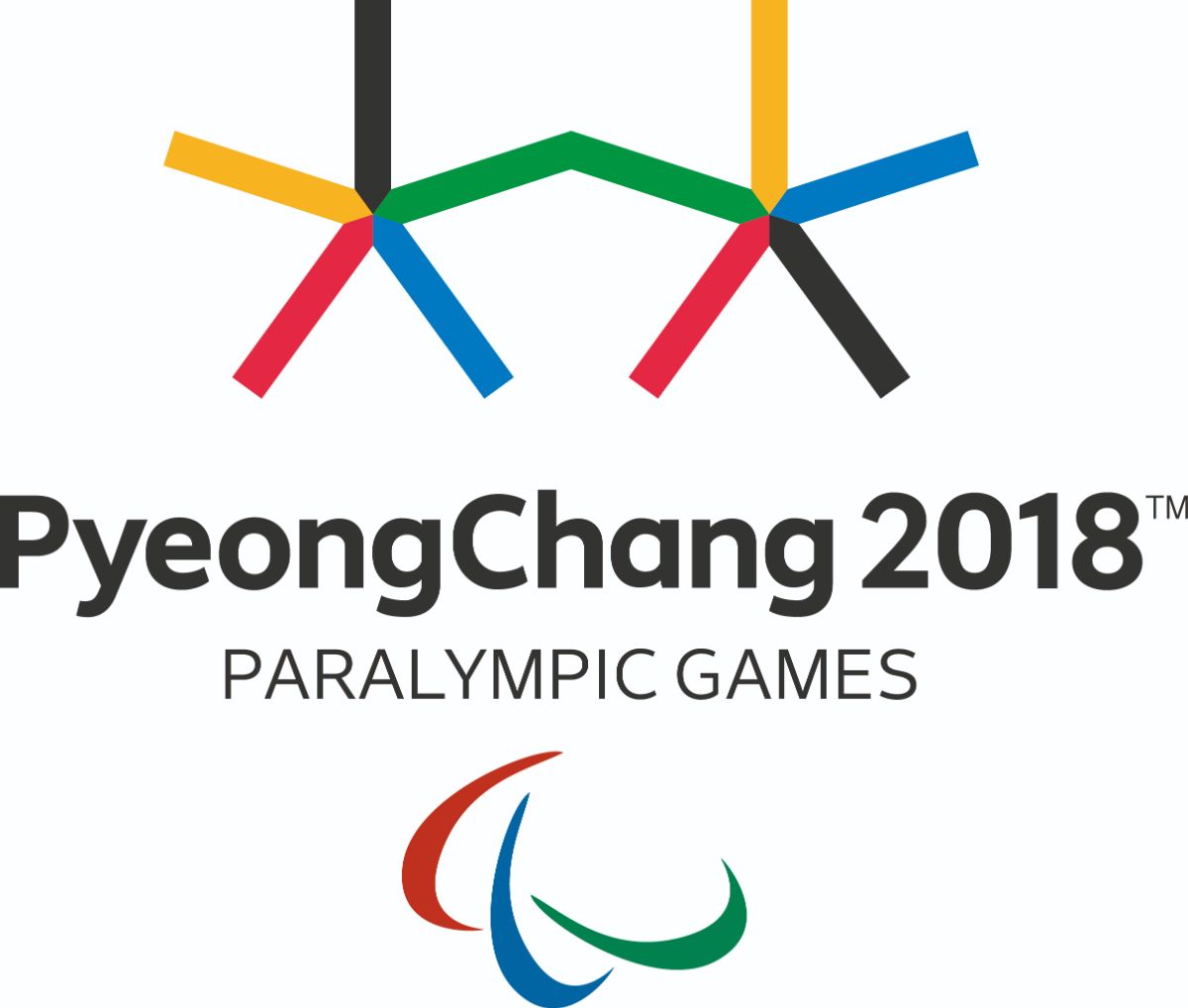
 Facebook
Facebook
 Instagram
Instagram
 Twitter
Twitter
 Youtube
Youtube
 TikTok
TikTok
 Newsletter Subscribe
Newsletter Subscribe





